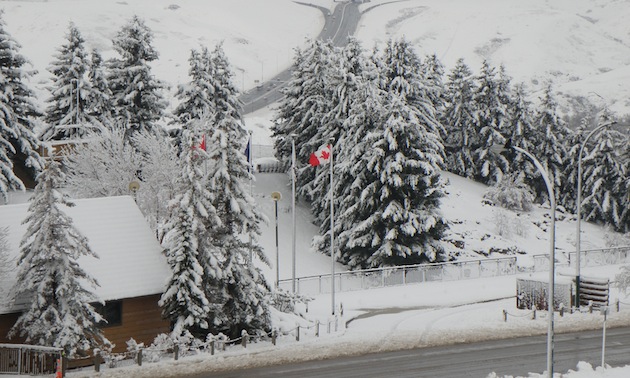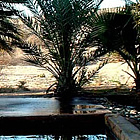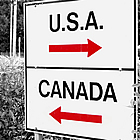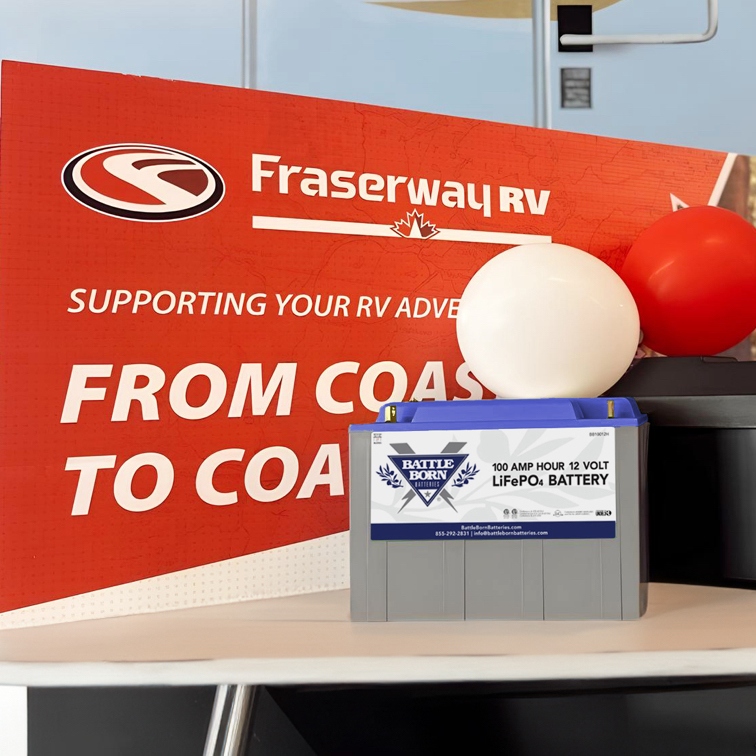What to take south? Packing tips for snowbirds
RV packing checklist

Question: Packing up to go south is almost overwhelming. Do you have any suggestions to manage this?
Answer: The first burst of changing colours of the trees in the fall automatically triggers the travel and escape itch. But first comes repacking the RV. Over the summer somehow almost everything migrates from the RV into the house, so the exercise repeats itself annually.
We have worked out a system for ourselves and maybe you can pick up some ideas.
Lists
We have become great list-makers. We list:
- what is still in the RV
- what needs to go from the house to the RV
- what needs to be re-stocked
- what needs to be purchased
- what needs to be done before we leave
Containers
We have grocery store boxes in each room. We put to go things in them. When a box is full, we take it out to the RV, empty it into the appropriate places and bring it back in for the next load. The last load is stored in the compartment under the bed.
Clothes
It is a fact that we all take too much and/or the wrong clothes. The things to remember are:
- Yes, it can get cool. We have even experienced snow (heaven forbid). Mitts come in handy (especially if you walk animals) along with heavier pants, jacket and socks—but parkas tend to be overkill.
- There is great daily variation in temperatures. I expect to change clothes three times each day to keep up with the changing conditions.
- RVing tends to require more casual clothing.
- RVers tend to walk a lot.
Food
- We take the perishable food we have left and other foods we prefer:
- Flour: Canada uses a harder variety of wheat, so we take down our own flour and make our own bread. We even take our bread machine.
- Pasta: We take that down for the same reason as the flour.
- Non-hydrogenated margarine: Up until very recently, non-hydrogenated margarine couldn’t even be found in the Southwestern United States, so we stock up.
- As Fred tells me, we don’t have to take everything – there are stores to buy what we need.
- Check directly with U.S.A. border crossing to find out what foods may be restricted. At the time of writing, the only restrictions were citrus fruit, plus they want confirmation that any fresh produce is either Canadian or American (that means a sticker or the original packaging).
Medicine
- Take copies of your prescriptions. The American pharmacies will only fill prescriptions written by local doctors, but you will have a copy of what you need. U.S. Customs suggests you keep the drugs in their original container.
- If you can, take enough medicine to cover your time away. In Alberta, we can get coverage through our medical insurance for up to 200 days, which is longer than we stay south.
Money
- Travellers’ cheques: With the exchange being so good, we buy U.S. dollar travellers’ cheques that we can deposit directly into a U.S. account we have with Wells Fargo. Traveller’s cheques are difficult to cash. You can usually cash them at casinos, but even some banks refuse to cash them.
- Credit cards: We contact each of the credit cards we have to tell them when we are leaving; where we will be; and when we will be returning. We do not pay for our fuel at the pump but go into the station to pay. We think this avoids problems.
RV pre-winter checklist
- Do a good interior cleaning to get your home ready so you won't have to spend time early in your trip dealing with the grunge.
- Inspect the batteries, connections, water level and state of charge. It's no fun to have that surprise of dead batteries after you head out for the winter fun. Check the small batteries in the smoke and carbon dioxide detectors, along with any clocks or other devices you rely on.
- Check and test vehicle antifreeze concentration and level to be ready for cold weather. Chances are you will be confronted with freezing weather either coming or going or while you are away.
- Check your cold weather appliances, like your furnace or heater, before you need them. Make sure you operate them before you need them and while you can get service.
- Check the water system. Put RV antifreeze in the low spots or blow out the water lines with compressed air. Remember your black and grey water tanks and valves as well.








